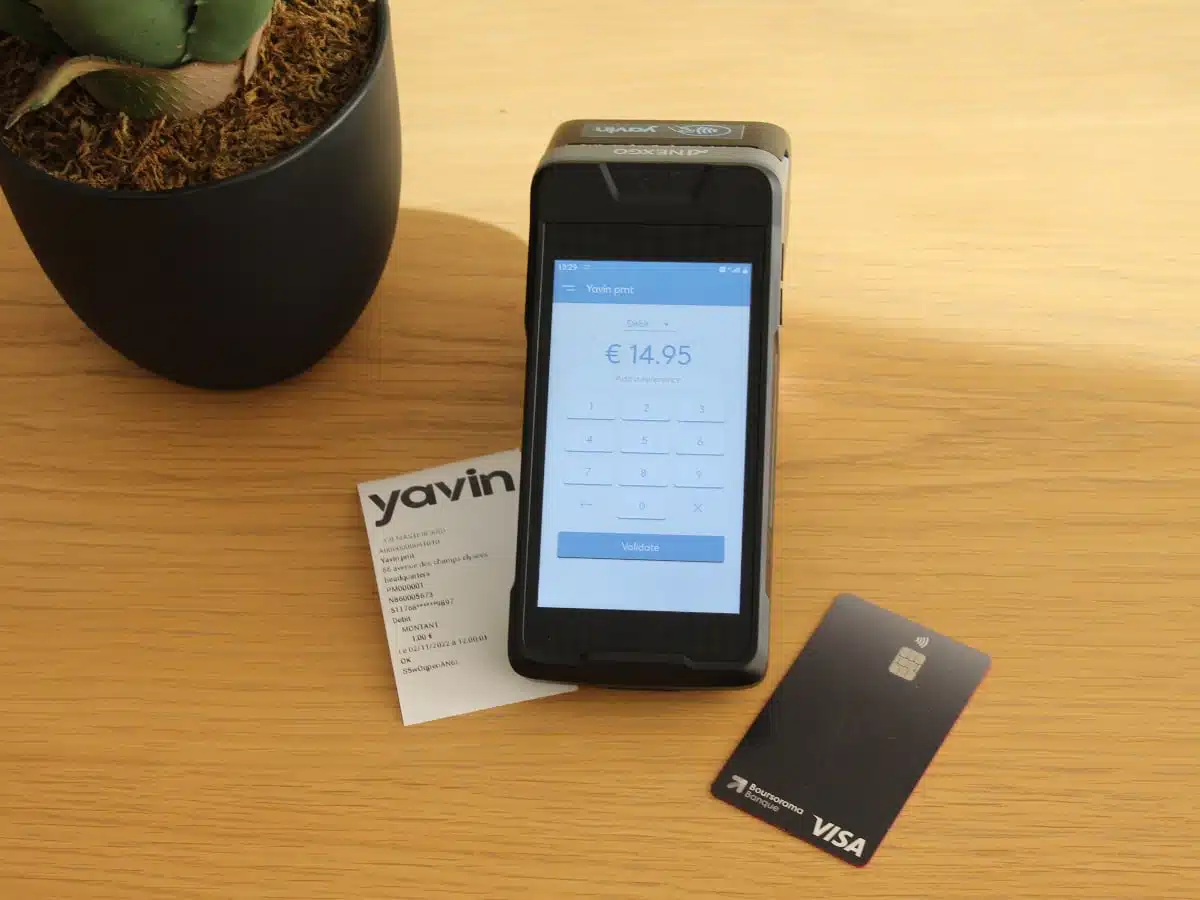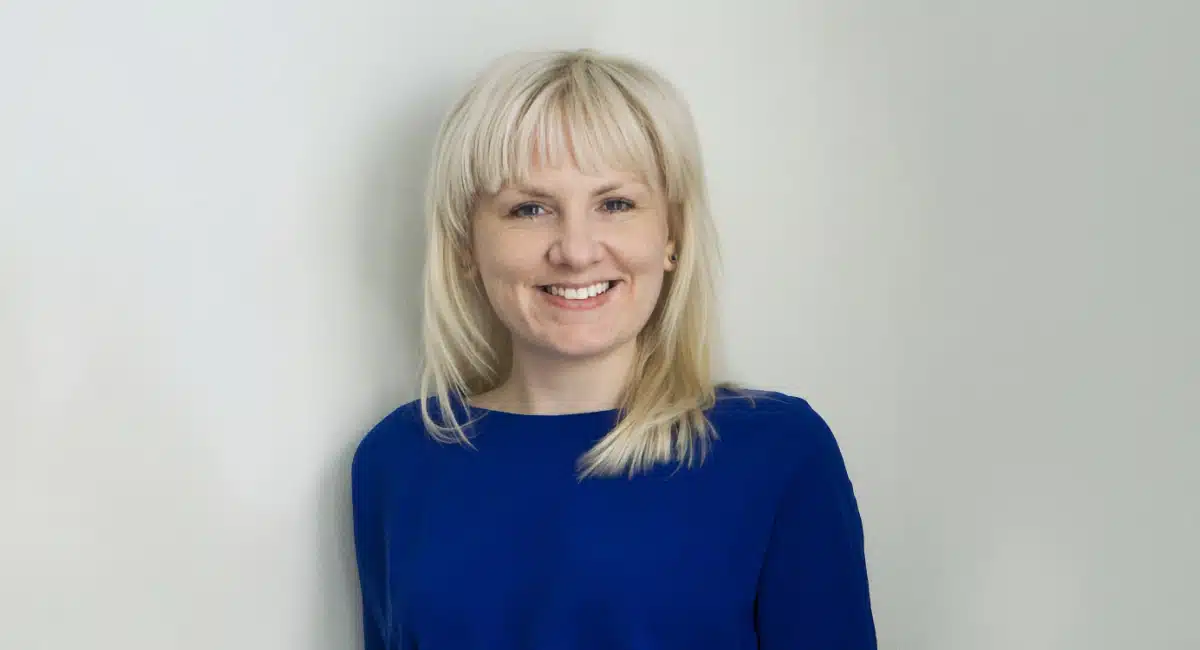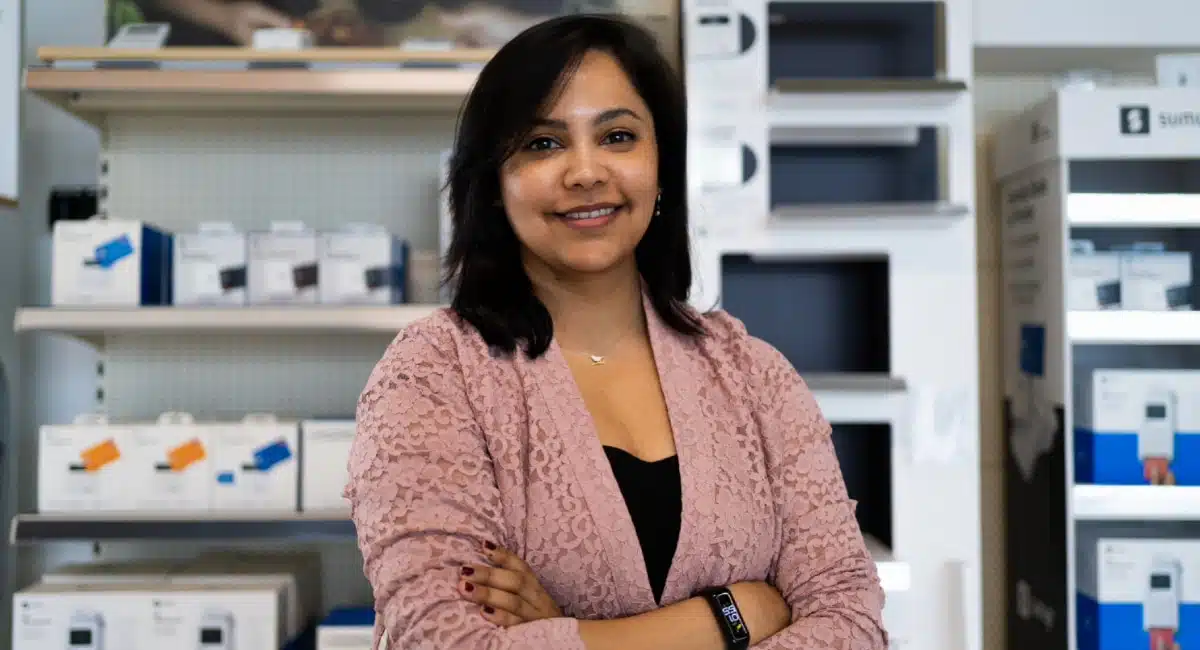Having recently launched its smart terminal in Ireland, Yavin CEO Samuel Manassé talks to Mobile Transaction about why he thinks Irish merchants are underserved by the big banks, and how technology is making life easier for small businesses and entrepreneurs.
Back in 2014, Samuel Manassé co-founded Smile & Pay, a French card acceptance company offering a less bureaucratic way to get paid from customers. Competing with the likes of SumUp, Square and Zettle, it has challenged the big banks in France. In 2019, a private equity firm increased its share in Smile & Pay, leading Samuel to exit and co-found his second payment company, Yavin, targeting more established merchants.
Taking on the banks
This year, Yavin expanded its payment services from France to Spain and Ireland. A typical target customer of Yavin is an independent shop, café or hairdresser. The Central Statistics Office counts 15,540 retail outlets and 20,188 hospitality businesses in Ireland with up to 9 employees, which means plenty of market opportunity for Yavin.
Samuel thinks many of these sellers will seek out payment technology that could make their lives easier: “Most Irish businesses still go to their bank if they need a card machine. But most banks fail to address the needs for flexibility of entrepreneurs,” he says.
Most Irish businesses still go to their bank if they need a card machine. But most banks fail to address the needs for flexibility of entrepreneurs
Contracts with a long commitment and hidden fees are some of the shortcomings Yavin aims to counter with its pricing model and month-by-month commitment. Most of Yavin’s new customers in Ireland are switchers who want to get out of their current contract with a bank.
“The Irish are fast to embrace new technology,” he says, citing the Android smart terminal, Nexgo, used by Yavin, with its integrated apps for tipping and customer reviews as one of its main draws.
Getting paid in the age of Android
Square, the all-in-one payment solution led by Twitter founder Jack Dorsey, had been available in Ireland for a year when Yavin launched. The company offers payment tools previously only available to bigger businesses to very small merchants, at no fixed costs or contract lock-ins. The Square platform offers not only in-person and online payment methods, but also a number of other related business solutions such as point of sale software and a product photo editing app. The benefit is that a small business only needs to deal with one provider.
SumUp, popular in Ireland, is taking a similar approach with its all-in one platform for payments, including a business account and an online shop builder.
Yavin’s offering is narrower: a smart terminal for in-person payments. The platform is fully open to allowing as many integrations as possible so that businesses can cherry-pick the solutions that best suit their needs. This might not be the best fit for the smallest sellers valuing simplicity above optimal functionality, but Samuel argues it offers the best of two worlds for the growing businesses Yavin targets.
The backbone of this strategy is the mobile operating system Android. A card terminal based on Android works similarly to a smartphone.
Android payment terminals will replace all traditional payment terminals
Yavin has built apps that come preinstalled on the terminal, like the tipping feature. The idea is that a number of third-party apps will be made available to merchants, such as payment options beyond card acceptance, point of sale software and accounting solutions.
In France, Yavin terminals already integrate with payment methods like meal vouchers, Bitcoin, AliPay, WeChat Pay, preauthorisation for reservations and Alma, a partial payment app. A number of point of sale systems and one of the most popular business neobanks, Qonto, can also be synced with the Yavin terminal.
In Ireland, integrations like AliPay are Bitcoin are available, but the most used Irish point of sale systems are not yet compatible: “We are working hard on making more relevant integrations for Irish merchants.”
Yavin has made a bet on old-school Ingenico and Verifone terminals being a thing of the past: “Android payment terminals will replace all traditional payment terminals,” says Samuel.

Payment tech influences pricing model
The new payment companies SumUp, Zettle, Square and myPOS all offer so-called blended rates. This is a single fixed percentage paid on a card transaction amount, whether the customer uses a Visa debit, Mastercard credit or American Express card.
For a very small business, it is a transparent and simple pricing model, but Samuel argues that for merchants of a certain size taking mostly local consumer cards, the interchange plus plus model offered by Yavin is better value. Yavin takes a low fixed percentage and cent margin on all transactions regardless of the card used. On top of that, merchants pay the card scheme and interchange fees going to the card networks. For local cards, these are often low. For local consumer cards, the total fee paid to Yavin is typically lower than a blended fee.
The fragmentation of the payment ecosystem and rise of account-to-account transfers at the expense of payments via the card schemes Visa and Mastercard is a development Yavin is counting on:
“With the rise of account-to-account payment methods and instant transfer, we have the hope that interchange will come down to zero in a few years. It makes our pricing and payment platform model even more relevant.”
Another development he sees is the rise of tap-on-phone – so-called softPOS – where a dedicated card machine is made redundant: “I believe paying directly by tapping a card or mobile wallet to a smartphone will dominate among very small businesses. More established businesses would still want to get a separate payment terminal,” says Samuel.
And instant funds? Crossborder selling? See our interview with myPOS




